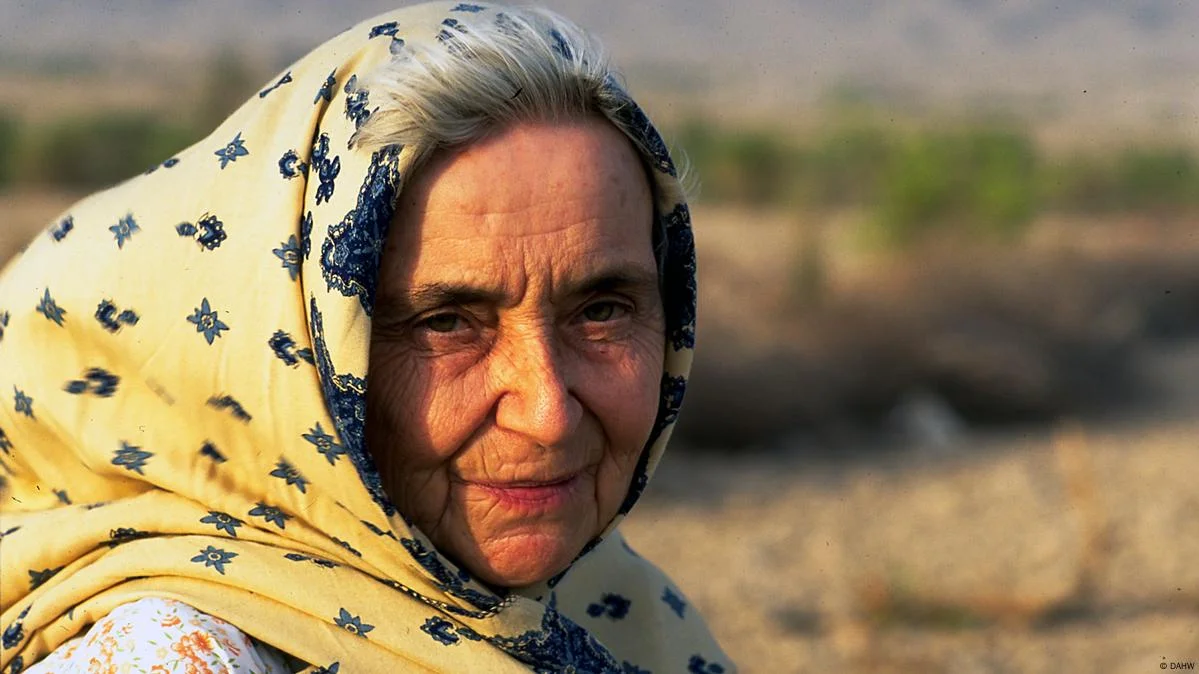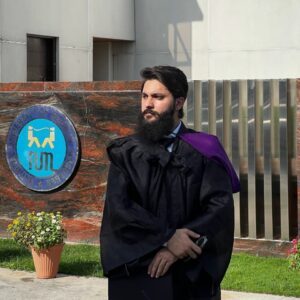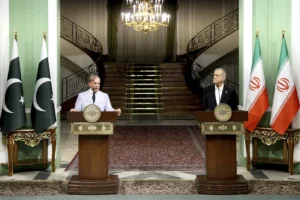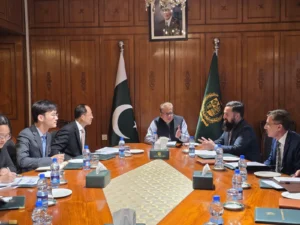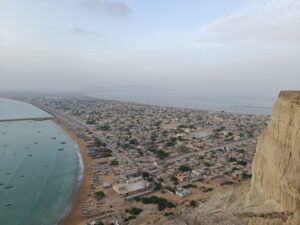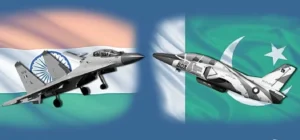In the heart of Karachi, where the city’s pulse beats through crowded streets and dusty hospitals, a German-born woman quietly rewrote the story of compassion in Pakistan. Her name was Dr. Ruth Pfau, a nun, a physician, and a healer of both bodies and souls. She didn’t come for fame, nor did she seek recognition. She came because she saw suffering and refused to look away.
This is not just her biography. It is a resurrection of her courage, a tribute to a woman who fought against disease, stigma, and indifference. In a country where leprosy was once a death sentence, Dr. Ruth Pfau became its most relentless adversary and its most tender ally.
From Leipzig to Karachi: A Journey of Purpose
Born on September 9, 1929, in Leipzig, Germany, Ruth Pfau grew up in a world torn by war. Her early years were shaped by the devastation of World War II, and she witnessed firsthand the cruelty of human suffering. After studying medicine at the University of Mainz, she joined the Society of Daughters of the Heart of Mary, a Catholic order committed to service.
In 1960, en route to India for missionary work, she stopped in Karachi due to visa complications. That detour changed everything. She visited a leprosy colony near the city’s infamous McLeod Road and was shaken by what she saw: patients abandoned, disfigured, and treated as untouchables. It was a moment of reckoning.
“I could not believe that humans could live in such conditions,” she later said. “I decided there and then to stay and help.”
Dr. Ruth Pfau: The Fight Against Leprosy
Leprosy, a disease that causes nerve damage and disfigurement, was not just a medical issue; it was a social curse. Patients were ostracized, hidden away, and denied basic dignity. In Pakistan, the disease was widespread, especially in impoverished communities, and there was little infrastructure to treat it.
Dr. Ruth Pfau began her work at the Marie Adelaide Leprosy Center (MALC) in Karachi, which she helped transform into the country’s leading leprosy treatment facility. She trained doctors, nurses, and volunteers. She traveled to remote villages, often on foot or by jeep, to reach patients who the system had forgotten.
Her approach was holistic. She didn’t just treat the disease; she treated the person. She believed in rehabilitation, reintegration, and respect. Under her leadership, MALC expanded into a network of over 150 centers across Pakistan. By 1996, thanks to her tireless efforts, Pakistan was declared leprosy-free by the World Health Organization, a milestone few thought possible.
A Broader Mission of Care
Dr. Ruth Pfau’s work didn’t stop with leprosy. She expanded MALC’s services to include tuberculosis treatment, blindness prevention, and general healthcare for marginalized communities. She advocated for better public health policies and worked closely with the government to implement nationwide programs.
Her philosophy was simple: healthcare is a human right, not a privilege. She believed that every life mattered, regardless of caste, creed, or condition. Her clinics welcomed Muslims, Christians, Hindus, and atheists alike. She treated everyone with the same compassion.
A Woman of Science and Spirit
Though deeply religious, Dr. Ruth Pfau was also fiercely rational. She believed in science, data, and evidence-based medicine. She wrote extensively on public health and was known for her sharp intellect and dry wit. Yet, she never lost her spiritual core. Her faith was not dogmatic; it was active. She saw God in service, in healing, in the quiet dignity of her patients. Her life was a testament to the power of faith when paired with action.
Honors and Recognition
Dr. Ruth Pfau received numerous awards in recognition of her lifelong dedication and humanitarian service. Among her many honors were the Hilal-e-Imtiaz, Hilal-e-Pakistan, Nishan-e-Quaid-i-Azam, one of Pakistan’s highest civilian awards and the Sitara-i-Quaid-i-Azam. She was also granted honorary Pakistani citizenship, a testament to her profound impact on the nation.
Yet, perhaps the most meaningful tribute came after her passing in 2017, when she was accorded a state funeral, a rare honor for a non-Muslim and foreign national. The flag of Pakistan was draped over her coffin as military officials stood in salute, symbolizing a moment of national unity and acknowledging that Dr. Ruth Pfau had truly become one of Pakistan’s own.
A Symbol of Hope for Future Generations
Dr. Ruth Pfau’s legacy lives on in the thousands of lives she touched, the clinics she built, and the minds she inspired. Her story is taught in schools, her name etched into hospital walls, and her spirit carried forward by the doctors she trained. She showed Pakistan what compassion looks like in practice. She proved that one person, armed with conviction and care, can change the course of a nation’s health. Her life is a blueprint for service, a reminder that heroism often wears a white coat and creeps through hospital corridors.
Echoes of Compassion: Why Ruth Pfau’s Story Still Speaks
In a world obsessed with celebrity and spectacle, Dr. Ruth Pfau’s story is a whisper that demands to be heard. She didn’t seek headlines; she sought healing. She didn’t chase applause; she chased dignity for the forgotten. “Voices from the Void” exists to resurrect stories like hers, stories buried under bureaucracy, lost in the noise, or dismissed because they didn’t fit the mold. Dr. Ruth Pfau fought against silence, against the void that swallows the suffering of the poor. She gave voice to the voiceless, not through speeches, but through stitches, bandages, and presence.
Her story reminds us that real courage is quiet. It’s found in the daily grind of service, in the refusal to abandon the vulnerable, in the decision to stay when leaving would be easier.
The Woman Who Healed a Nation
Dr. Ruth Pfau didn’t just treat leprosy, she treated a nation’s soul. She reminded Pakistan of its humanity, its capacity for compassion, and its duty to care for the least among us. Her life was a sermon of service, her death a moment of national reflection. In the void of indifference, she became a voice of healing. And in the hearts of those she served, she became immortal.
Also Read: Legendary Iqbal Masih: A Small Giant Who Challenged the Chains

